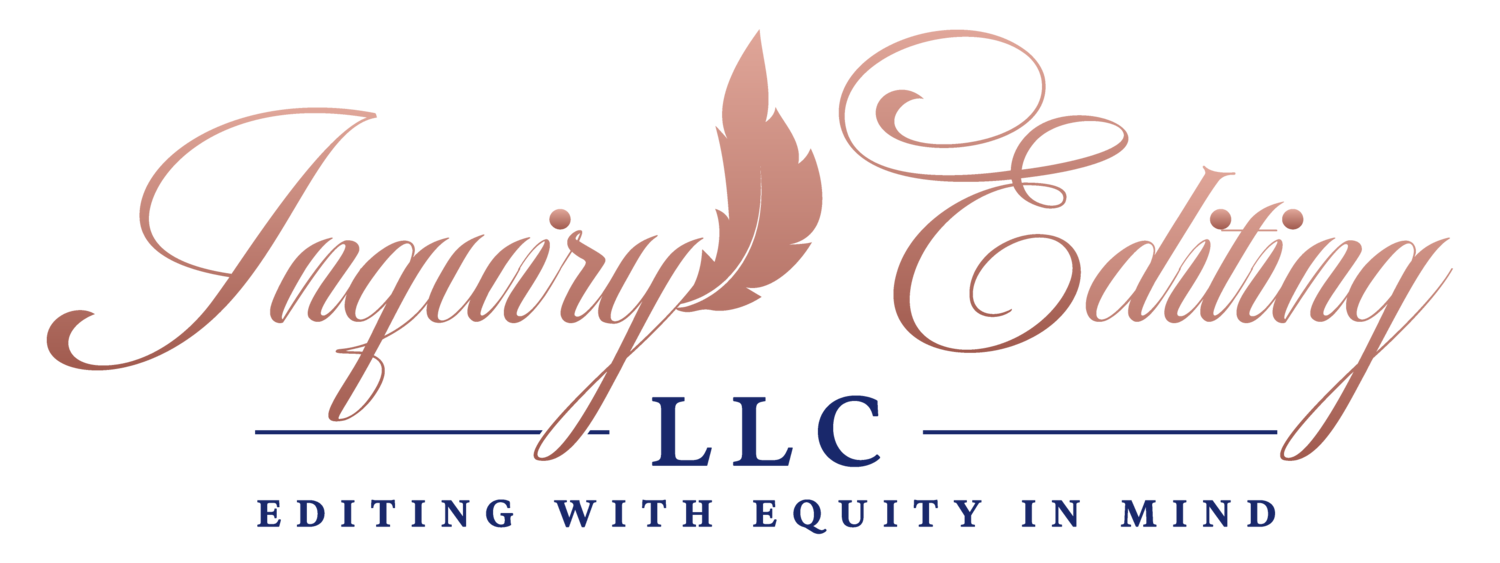The Import of Rest
Recently, I have noticed a very healthy trend. Folks are beginning to pay attention to rest. Let me tell you why I appreciate this.
I should tell you that I don’t work on weekends or major holidays (including my birthday), nor do I work past a certain hour on weekdays (except in certain circumstances). This has, over the course of the years, proved useful for me and my writing. It allows me to squeeze my writing time and all other appointments into the 40-hour work week for which I am compensated. It allows me to honor the workings of my bodymind.
When in college, me (and much of the student body) prided ourselves on how busy we were: classes here, clubs & organizations there, meetings with the administration over there, this, that, and the third. It acculturated me to an aggressive work culture of busyness. My body rebelled because my chronic illness just did not allow me to work at that pace. So, I took a cue from a classmate who was unapologetic about sleeping. I started to prioritize my sleep as the crown jewel of my schedule.
In the wake of that decision (around sophomore year), I found that I got more out of my work. I didn’t go back. Even in graduate school, I couldn’t bring myself to regularly pull all-nighters or rise before 5 am. I still can’t.
There are biological reasons for the importance of rest. In sleep, your body does not have to dedicate its precious resources to digestion, walking, talking, thinking, responding to emails. Instead, it dedicates its time and energy to combating illness, regenerating cells, growing, and problem-solving. That rest is crucial for your body to be able to perform critical thinking functions while you’re awake. As someone who thinks for a living, that seems a precious commodity for me.
I’d be remiss if I didn’t think about other forms of rest. When you are not working, when you are relaxing, your body’s cortisol levels can be significantly reduced. Cortisol is the stress hormone, which when activated puts your body in fight-flight-freeze mode, decreases your ability to respond to immunological threats, and lessens the quality (and amount) of sleep you get. Allowing yourself to relax during waking hours becomes crucial for you to have restful sleep as well as to give your bodymind a chance to recuperate.
There are, of course, some exceptions to whether this works all the time. I am immuno-compromised and have taken cortico-steroids for more than a decade. My sleep and rest – biologically speaking – isn’t the best. But, I make time for it anyway. There are other reasons that folks cannot get quality rest: new baby, new responsibilities, stress, trauma. I get it. Yet, there is a utility in making space for rest anyway. Rather than hustle because of your external circumstances, you can train your bodymind to embrace rest, to care for yourself in the midst of such circumstances.
There is another reason why I am glad others are embracing their rest. Inasmuch as I found rest crucial, deciding to rest in a culture of busyness proved a little lonely. My rest frees me up for a social life that isn’t always available. That is, when everyone around you is refusing to rest, your boredom can become a state of unrest. If you want to socialize during your times of rest and no one is free, that can sometimes make your rest a little stressful. So, changing the culture of work, freeing up your time, gives you and others the space to enjoy the time you’ve opened up for yourself. This, I can wholeheartedly endorse. Otherwise, what are we all working for?
Rest is revolution.
